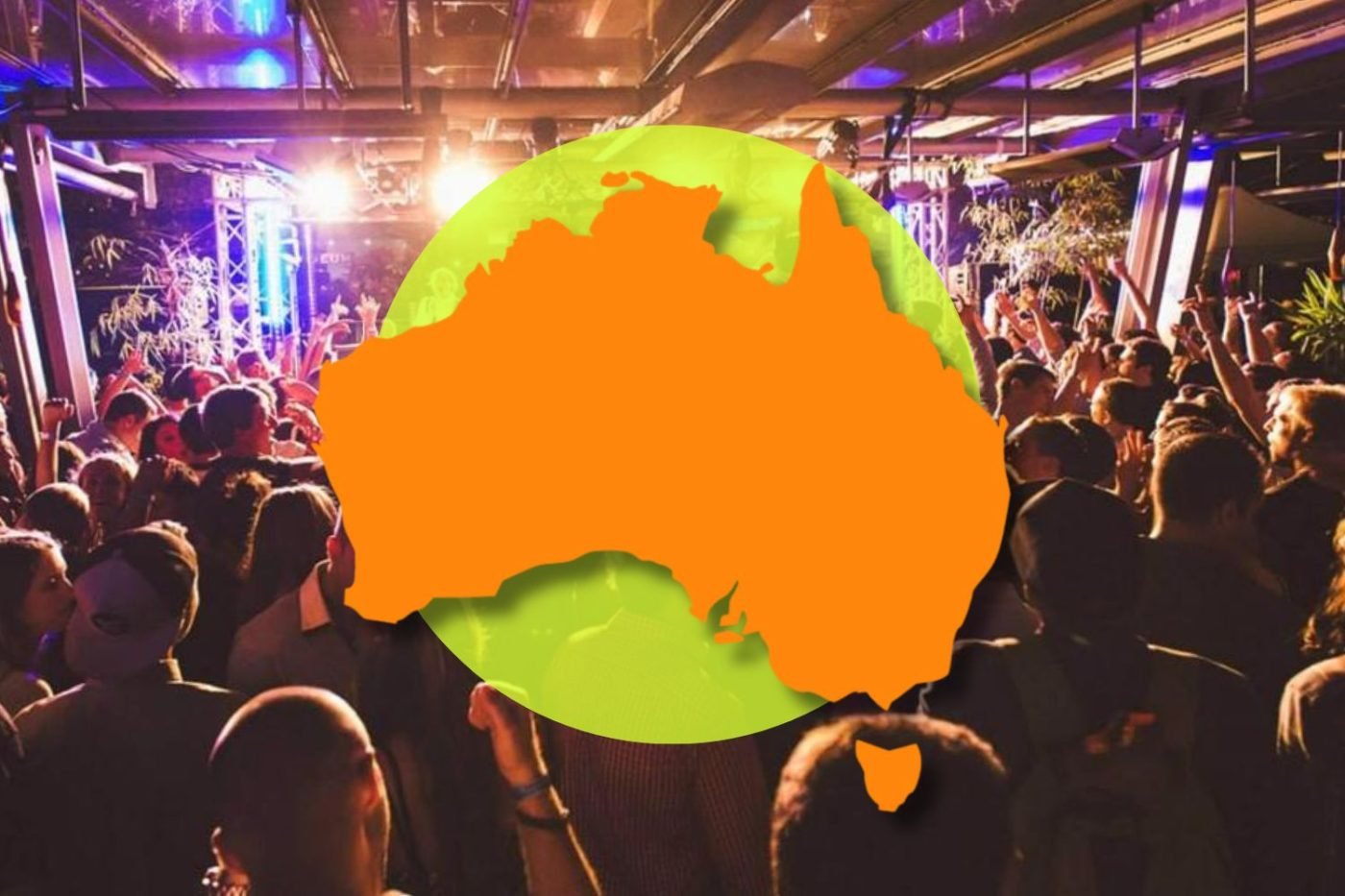- Australian Venue Co. faces criticism for cancelling Australia Day celebrations.
- Some argue cancelling Australia Day is a step toward inclusivity.
- Others see it as silencing Australians’ right to celebrate their country.
The decision by Australian Venue Co. to cancel Australia Day celebrations at its pubs has reignited debates around 26 January, a date that continues to polarise Australians. Whether you agree with celebrating the day or not, the idea that a pub group can deny the occasion feels like a misstep that only promises to sew further division within modern Australia, instead of opening a dialogue between the two sides.
Naturally, a pub isn’t the forum for these discussions. But it does highlight an ongoing issue surrounding Australian identity in 2024; one that embraces today’s multiculturalism and diversity, without denying this country’s history.
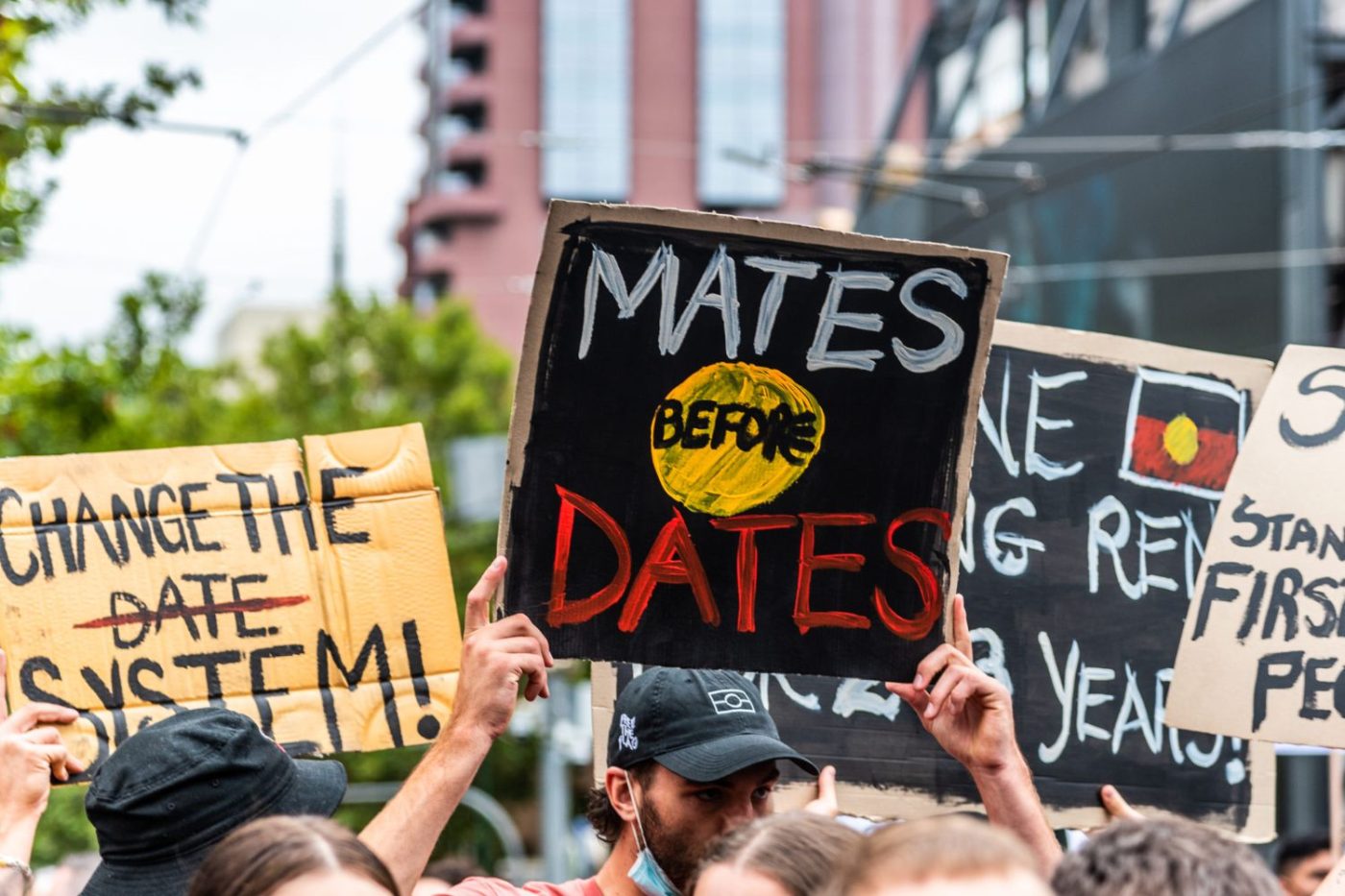
When is Australia Day?
For all Australians, 26 January has been a public holiday since 1994. That means it’s the perfect opportunity to get together with your mates, spend time with family, and celebrate the national identity of modern Australia. That can mean different things for different people, of course. But in the years that I’ve spent here in Australia, it’s usually ben trips to the pub, to the beach, or time spent outside of Sydney, exploring NSW.
What I’ve learned is that, for many Australians, Australia Day is a time to reflect on the country’s achievements and enjoy activities that highlight its diverse culture, natural beauty, and unique way of life. But for some, Australia Day celebrations are a glaring reminder of a dark day in this country’s history, observed on the same day since 1818, 30 years after the First Fleet, led by Captain Cook, arrived at Port Jackson in New South Wales.
Why 26 January is Harmful to Indigenous Australians
For many Indigenous Australians, 26 January marks the beginning of British colonisation in 1788, which led to the dispossession, violence, and marginalisation of Aboriginal and Torres Strait Islander peoples in Australia. It’s a harmful reminder of historic trauma suffered by the Indigenous Australian population, often referred to as “Invasion Day” or a “Day of Mourning,” that symbolises the systemic loss of land, culture, and lives through the 19th and 20th centuries.
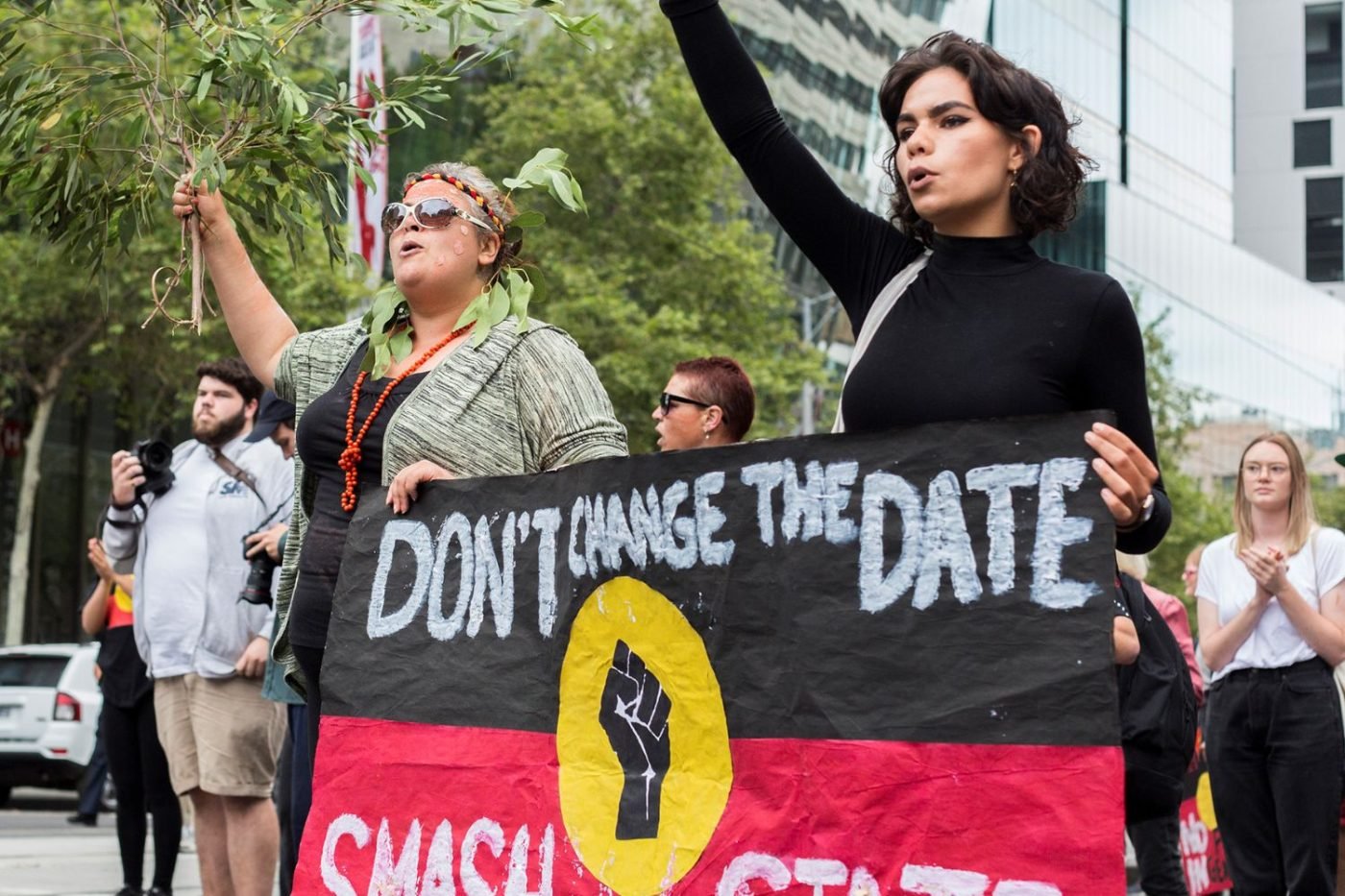
As an Englishman, I’m reminded of Britain’s rule in everyday life. I’m directly benefitting from it, still to this day. My nationality allowed me to arrive in Australia on a working holiday visa, no questions asked. The privilege that I’ve enjoyed certainly isn’t lost on me.
Yet I find celebrating Australia’s modern identity on a day that perpetuates the erasure of Indigenous culture deliberately insensitive and cruel. Why can’t the day be changed? Why do Australians insist on keeping this occasion?
The profound impact of British colonisation – high rates of incarceration, shorter life expectancy, and systemic racism – is still felt within Indigenous communities today. It’s no surprise that this annual reminder of a dark chapter of Australia’s history can be deeply alienating for its Indigenous population.
Why Australians Have a Right to Celebrate Their National Identity
For many Australians, however, 26 January represents a day of pride and unity; an opportunity to celebrate the nation’s achievements, diversity, and shared values.
The day has been celebrated for more than 200 years, in both official and unofficial capacities. To go to the pub on Australia Day is as deeply woven into the national consciousness as Christmas and New Year’s Eve, with events like fireworks displays, backyard barbecues, and citizenship ceremonies forming the backbone of Australia Day traditions today.
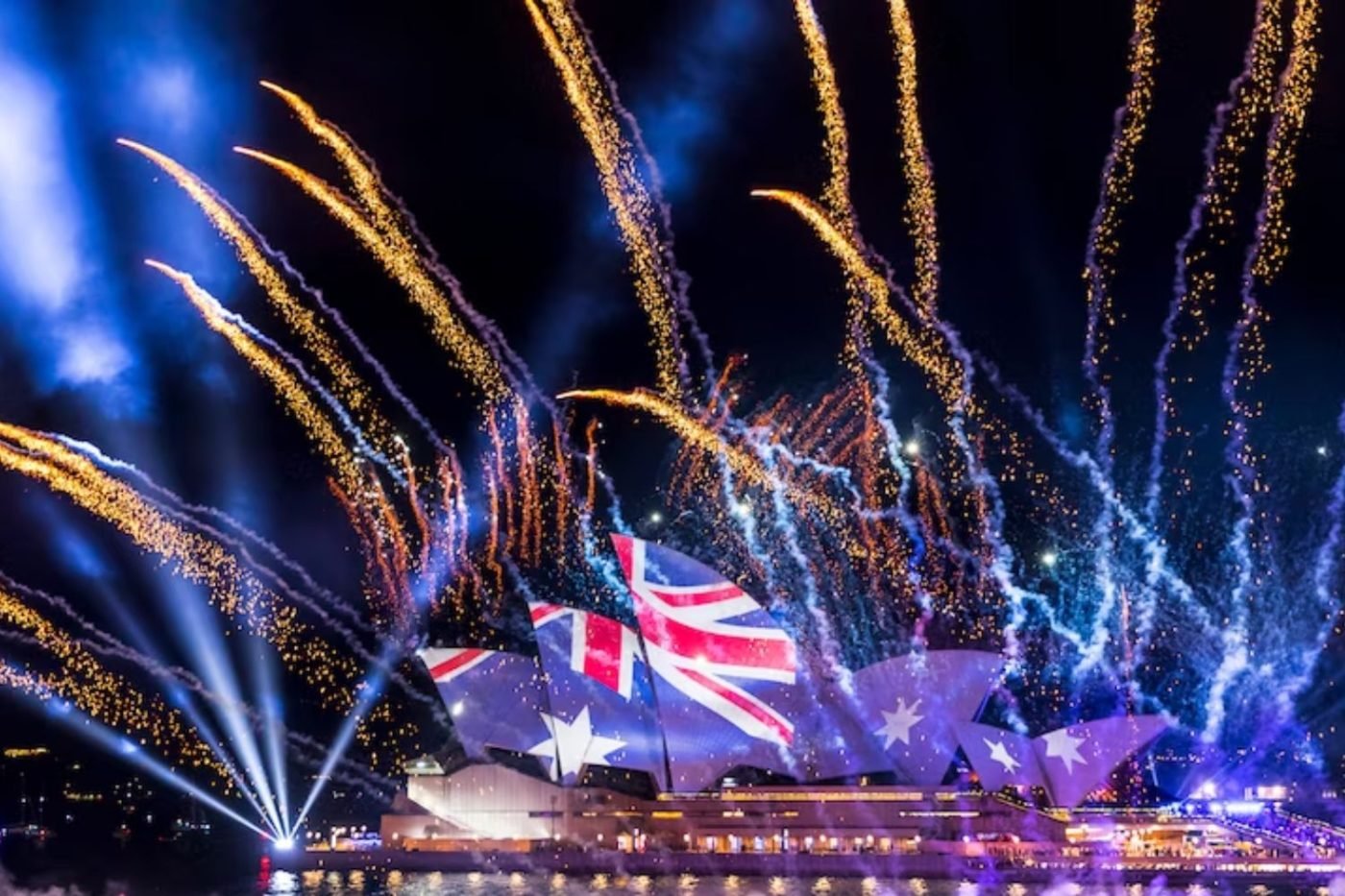
To celebrate Australia Day, some argue, isn’t to deny the country’s history, but to embrace its modern identity: a nation built on resilience and innovation, that is together, stronger, with diversity and multiculturalism.
When pub groups like Australian Venue Co. announce that they will be protesting Australia Day celebrations and cancelling any get-togethers within their venues, it feels like they’re denying people’s right to celebrate their own national identity. Politics aside, Australians have the right to celebrate their country of birth and their modern way of life, however they choose.
Whilst important to learn from the painful chapters of history, the way forward should focus on unity and understanding from both sides. This annual holiday shouldn’t represent a point of division for people; instead, it can be an opportunity to bridge gaps, create dialogue, and reflect on the progress made, while remaining committed to addressing the challenges that lie ahead.
Finding Common Ground
It’s clearly a contentious issue, with highly-charged emotional connections felt on both sides. Ultimately, any pub has the right to acknowledge Australia Day. It’s their name above the door, so they can elect to celebrate 26 January, or in the case of Australian Venue Co.’s 200 locations, to not.
Equally, Australians have the same right to avoid establishments with which they disagree. It’s a national holiday for a reason; a day for you to spend however you see fit.
Australian Venue Co.’s decision, whilst controversial, creates an environment for individuals to choose how they want to mark the occasion. After all, there are plenty of pubs across the country that will open as usual and continue to put up bunting and flags to drink under.
Woolworths’ Australia Day Boycott
Of course, the growing discourse over the last few days isn’t entirely new. Many organisations, councils, and individuals have come out in support of inclusive alternatives that represent the beliefs of every Australian national. But it does reflect a changing opinion within Australia’s people; one that doesn’t deny the history of Australia but refuses to be defined by it.

Bigger Australian companies like Woolworths – one half of the nation’s supermarket duopoly – were also facing backlash earlier this year over its decision to not stock Australia Day-themed products ahead of the 26 January holiday.
“There has been a gradual decline in demand for Australia Day merchandise from our stores over recent years.”
Woolworths statement
It led to Peter Dutton, the opposition leader, calling for a boycott of Woolworths, accusing the supermarket giant of “peddling woke agendas” and “trying to cancel Australia Day.” It was a sentiment shared by a small majority of Australians but provoked a response from Woolworths, saying it was purely a business decision, as customers were no longer buying Australia Day goods.
Australia Day Poll
The obvious suggestion is to elect another day to celebrate the country – one that isn’t a reminder of Australia’s colonial past. May 8 (Mate) is my personal favourite.
The University of South Australia surveyed 559 Australian citizens about whether they feel Australia Day should be kept on 26 January or moved to another date. The study found that 67% do not mind when Australia Day falls, as long as there is a dedicated day for national celebration. Reconciliation Day, held every year on 27 May, was determined to be the most popular alternative date.
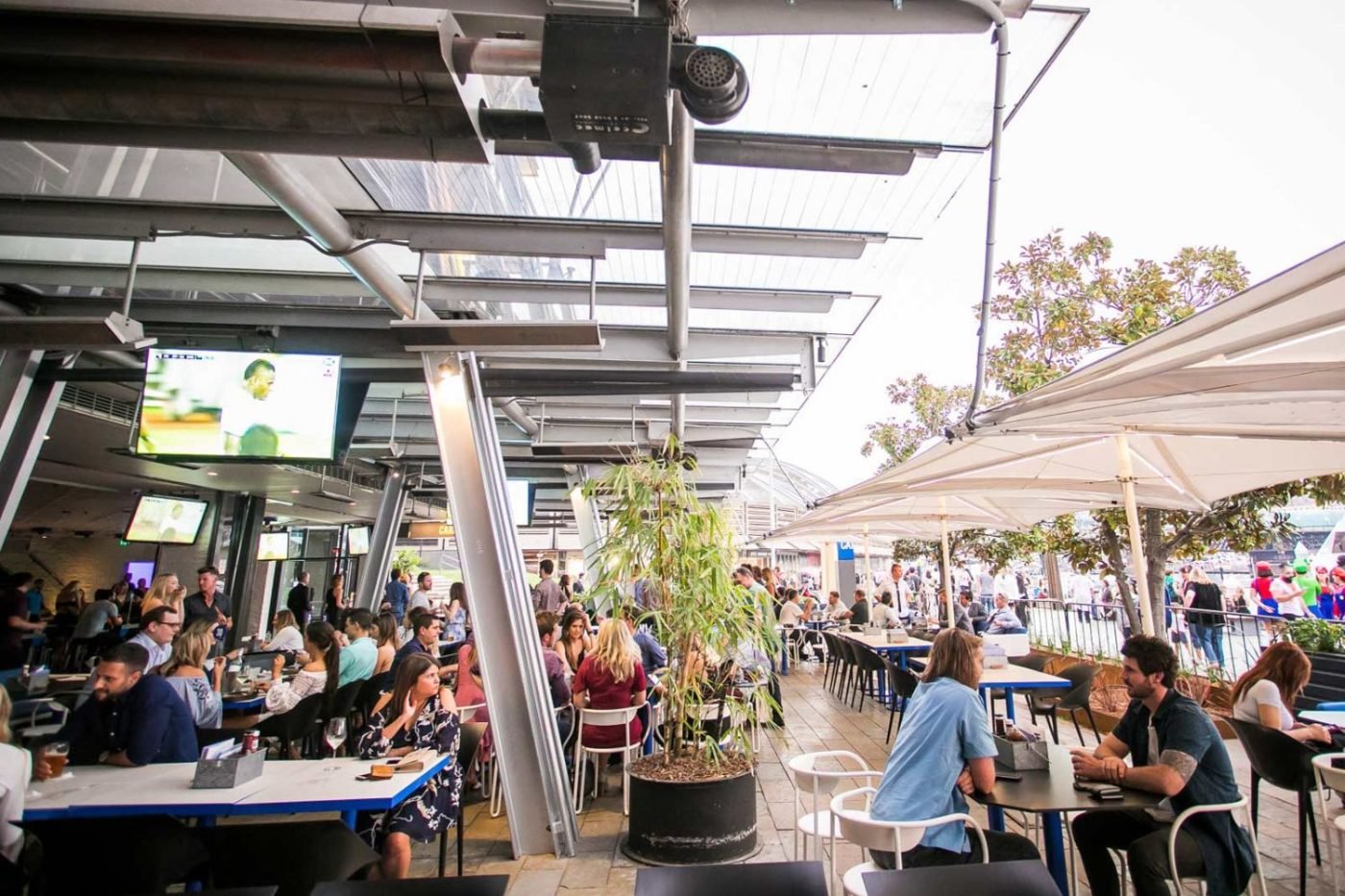
Should pubs ban Australia Day celebrations?
There’s no simple answer. Respecting Indigenous perspectives is essential, but so is acknowledging the need for Australians to connect with their national identity.
Perhaps the question is not whether to ban celebrations but how they can evolve to be more inclusive, fostering understanding rather than division. By creating spaces for dialogue and reflection – whether through community-led events or alternative dates – businesses and Australians alike can move towards a future that honours both unity and the truth of the past.
